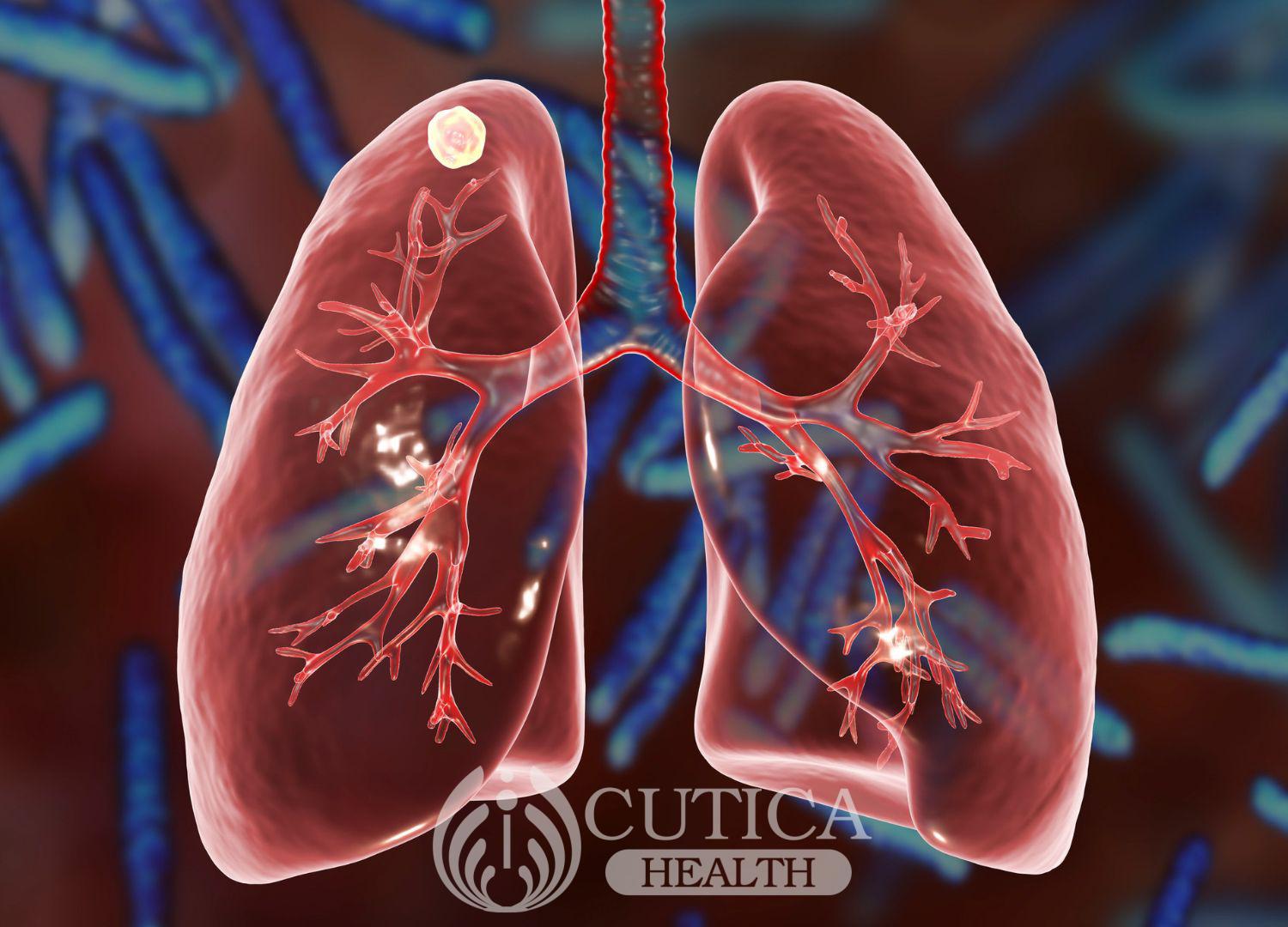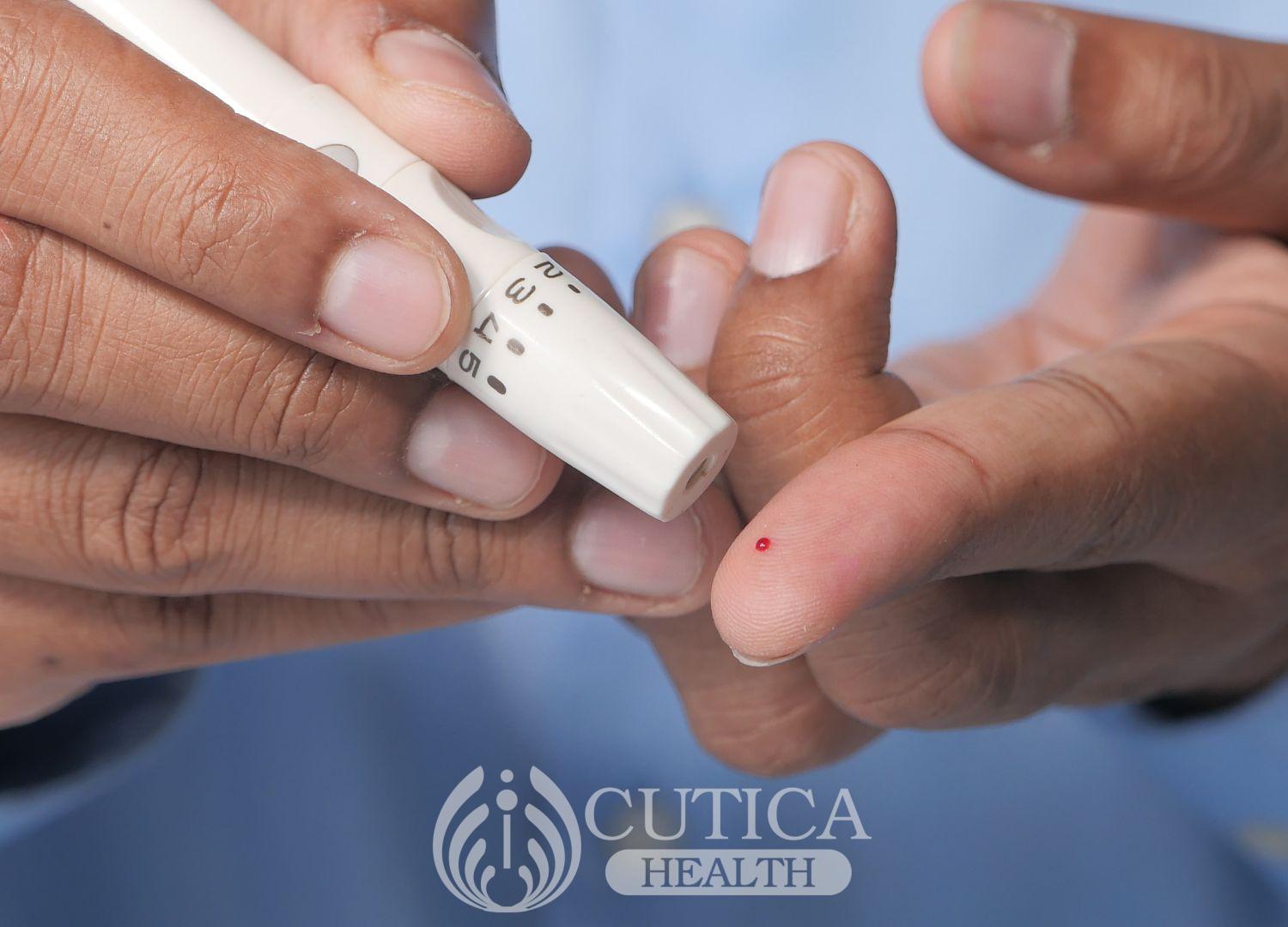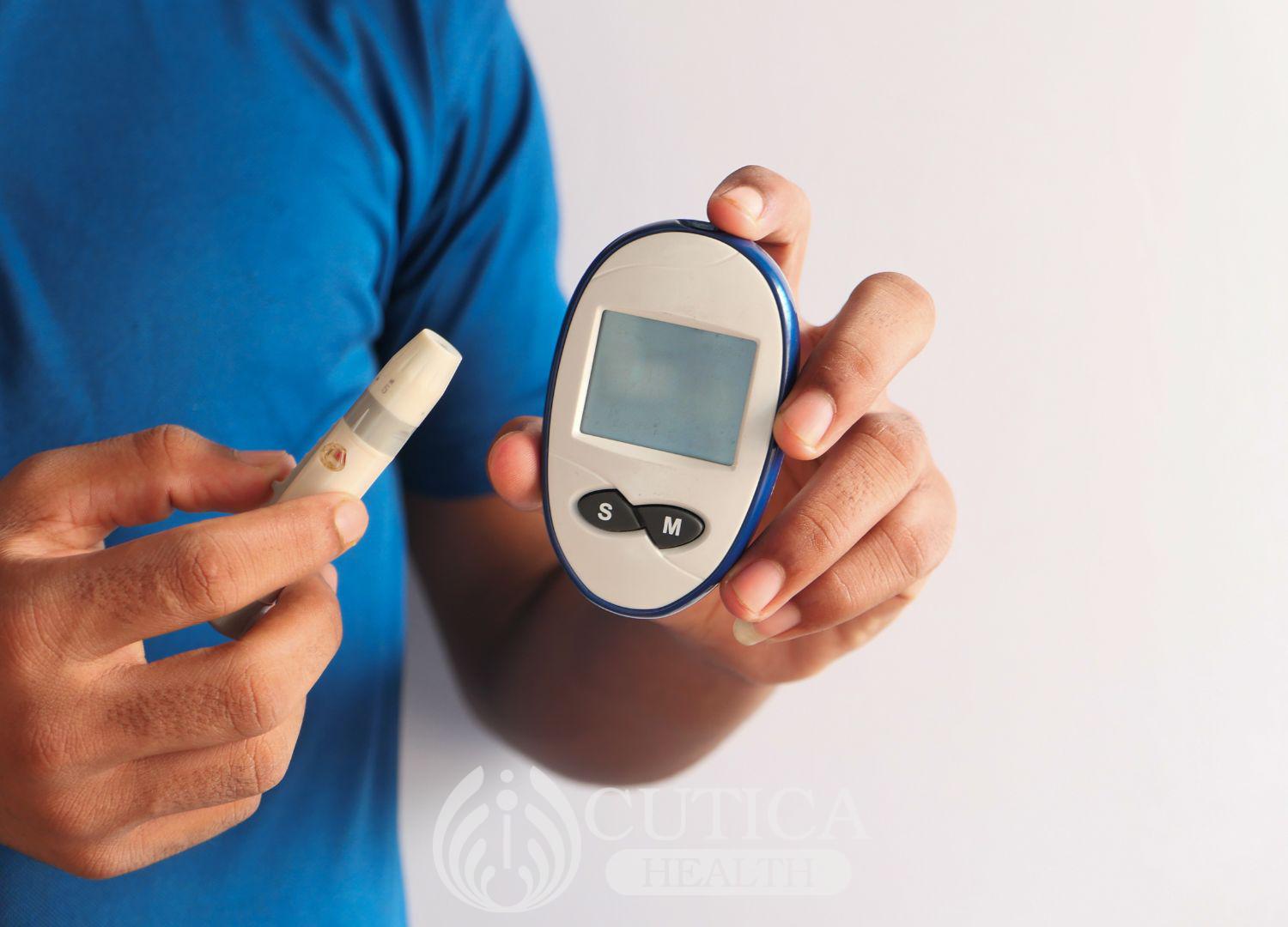
Mrs. Akere had been living with diabetes for over ten years. She always had diligently managed her blood sugar levels, but lately, she had been experiencing some unusual symptoms. She felt fatigued constantly, her appetite had decreased, and she urinated more frequently. She knew these were symptoms of diabetes, but what she didn't realize was that her kidneys were being affected.
Diabetes is a leading cause of kidney failure. This means that if you have diabetes, you are at a higher risk of developing kidney disease, which can be a silent killer.
What is Diabetes?
Diabetes is a chronic disease that affects how your body processes blood sugar (glucose). Glucose is an essential energy source for your body's cells, but when your body can't use it properly, it can cause damage to your organs, including your kidneys.
The Link between Diabetes and Kidneys
The kidneys filter waste and excess fluid from your blood, which is eliminated through urine. High blood sugar levels can damage the blood vessels in the kidneys, making it harder for them to filter waste and fluid. Over time, this damage can progress to kidney failure, where the kidneys can no longer function, and dialysis or a kidney transplant is needed to sustain life.

Symptoms of Kidney Disease
Kidney disease often has no symptoms in its early stages, making it difficult to detect. However, as the disease progresses, you may experience the following symptoms:
- Fatigue and weakness
- Loss of appetite
- Swelling in the hands, feet, and ankles
- Changes in urination (frequency, colour, and amount)
- Nausea and vomiting
- Itching and dry skin
- Shortness of breath
- High blood pressure
If you have diabetes, you must monitor your blood sugar levels and check your kidney function regularly.
Prevention and Management
The good news is that you can prevent kidney disease by managing your blood sugar levels and adopting a healthy lifestyle. Here are some tips:
- Keep your blood sugar levels under control. This means monitoring your blood sugar regularly and following your doctor's recommended treatment plan.
- Control your blood pressure. High blood pressure can cause damage to your kidneys, so it is essential to keep it under control. You can do this by eating a healthy diet, exercising regularly, and taking medication if prescribed.
- Maintain a healthy weight. Being overweight can increase your risk of developing diabetes and kidney disease. Adopting a healthy diet and exercising can help you maintain a healthy weight.
- Quit smoking. Smoking can cause damage to your blood vessels, increasing your risk of kidney disease. Quitting smoking can improve your overall health and reduce your risk of developing kidney disease.
- Limit your alcohol consumption. Drinking too much alcohol can damage your kidneys and increase your blood pressure. It's essential to limit your alcohol consumption and drink in moderation.
Conclusion
Many people living with diabetes are unaware of the impact it can have on their kidneys.
If you are living with diabetes, checking your kidney function regularly is essential, even if you feel fine. Early detection of kidney disease can help prevent it from progressing to kidney failure, which can be life-threatening. 
By managing your blood sugar levels, controlling your blood pressure, maintaining a healthy weight, quitting smoking, and limiting alcohol consumption, you can protect your kidney health.












